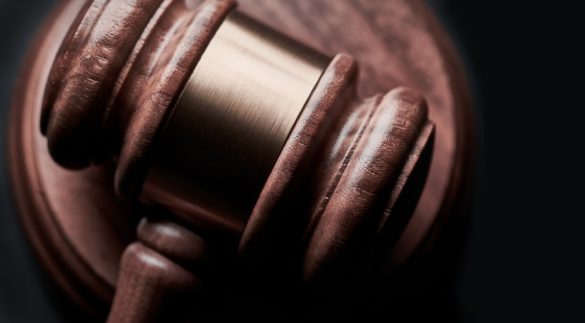
Patient-physician privilege has been the subject of debate for as many years as it has been protected, but at what point should that privilege be waived? In 2001, the Colorado Supreme Court was faced with just such a decision in the case of People v. Covington. After a domestic dispute in the early 1990s ended with the victim suffering a gunshot wound to the buttocks, the Supreme Court was tasked with determining how best to apply patient-physician privilege rules to the evidence admitted.
According to court records, after arguing about business matters on Aug. 11, 1994, with his wife and business partner, Richard Covington loaded his rifle and fired two shots into the bedroom floor of their home. His wife, apparently believing the fight to be over, laid in bed with their toddler before Covington fired a third shot through the bedroom wall, hitting his wife’s left buttock, and exiting her thigh before entering her right thigh.
While being treated at a local hospital by a physician assistant on duty, the investigating officer asked the physician assistant to take photographs of the wounds, according to court documents. The physician assistant later testified she’d only taken the photo on his request and did not need the photograph to treat the victim.
Covington was charged with first-degree assault, two counts of crime of violence, second-degree assault, first-degree criminal trespass, possession of more than eight ounces of marijuana and misdemeanor menacing. At trial, he moved to suppress the photographs of his wife’s gunshot wounds, arguing they violated his wife’s physician-patient privilege. Covington’s wife, however, did not appeal the judge’s ruling on the use of the photographs at trial.
Covington was convicted of second-degree assault, possession of more than eight ounces of marijuana and misdemeanor menacing. He appealed, and the Colorado Court of Appeals determined the decision to admit the photographs into evidence constituted prejudicial error, because they fell within the physician-patient privilege and the wife had not officially waived that privilege.
The Colorado Supreme Court weighed in on appeal.
“In determining whether or not the photographs fall under the physician-patient privilege, we focus on the information contained within the photographs, not the photographs themselves,” stated the court opinion. “The statute’s function is to encourage full disclosure by patients by reducing the possibility of humiliation or embarrassment through subsequent public disclosure of such information[].”
Because it determined the photographs represented an observation made by a physician assistant during an examination, the Supreme Court held the photos did fall within the physician-patient privilege. But, because the incident involved domestic violence wounds that required reported observations by medical professionals, and because gunshot wound observations were not protected by the statutes, it reversed the judgment.
Covington had several lasting impacts on how state courts could interpret the statute. First, it provided courts with a litmus test for patient-physician privilege. More broadly, Covington allowed gun violence victims more freedoms to prove claims in court without their own protective statutes getting in the way of justice.
– Jess Brovsky-Eaker

